
Recommendation
Commodity prices always have been volatile; however, since the turn of the 21st century, the financial markets’ influence has meant that commodity-specific factors alone no longer explain this volatility. The Centre for European Policy Studies experts Diego Valiante and Christian Egenhofer analyze the developments that have made the prices of everyday commodities subject to the same shocks as prices in financial markets. They warn that this interconnection poses profound risks to the real economy. getAbstract finds that this comprehensive report on global commodities provides a solid introduction to – as well as an in-depth study of – a complex marketplace and recommends it to financial executives, policy makers and investors looking to understand how commodities trading has become so intertwined with the financial markets.
Summary
About the Authors
Diego Valiante heads research at the European Capital Markets Institute, part of the Centre for European Policy Studies (CEPS), a think tank specializing in EU affairs. Christian Egenhofer, a visiting professor at several European universities, is a senior research fellow and head of CEPS’s energy and climate program.







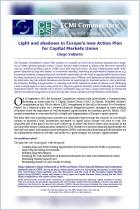
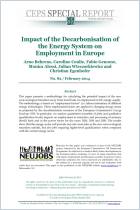
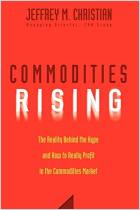
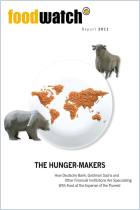
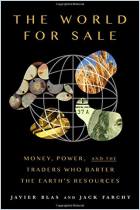
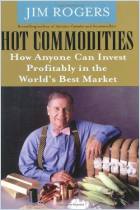
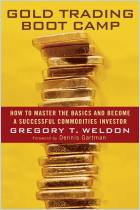
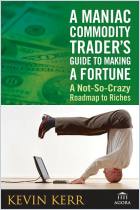







Comment on this summary or Comenzar discusión